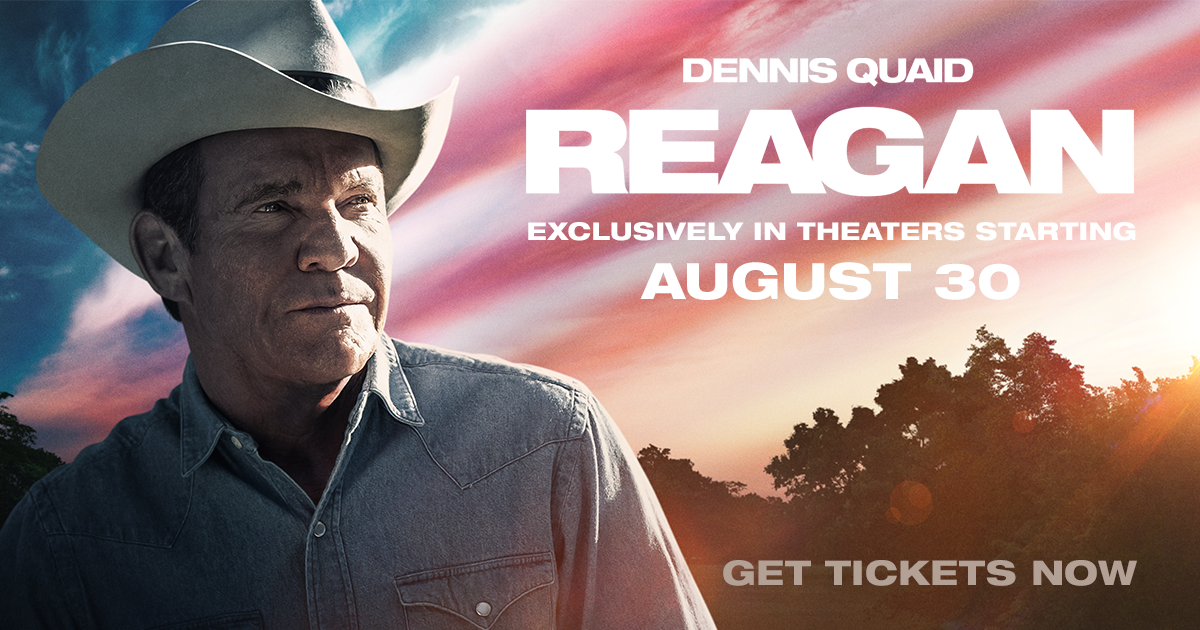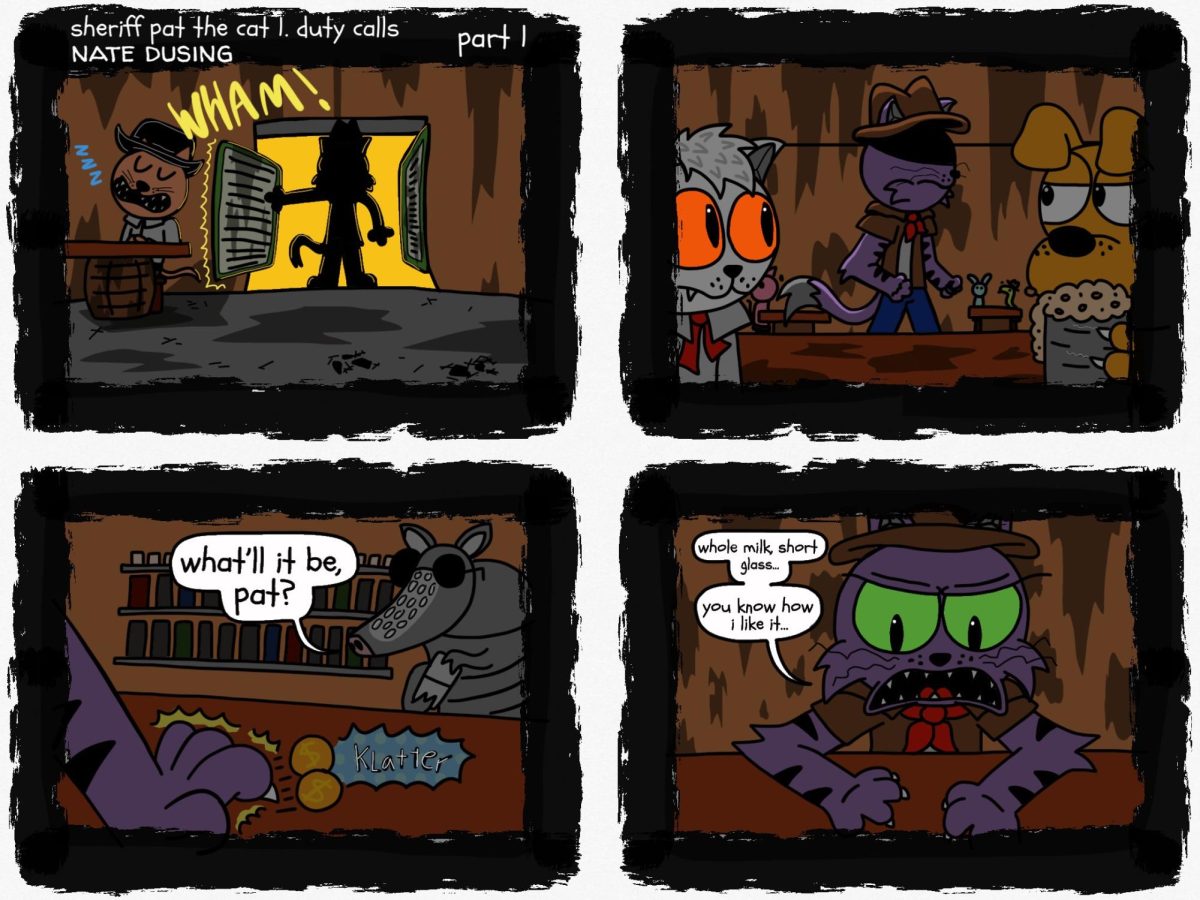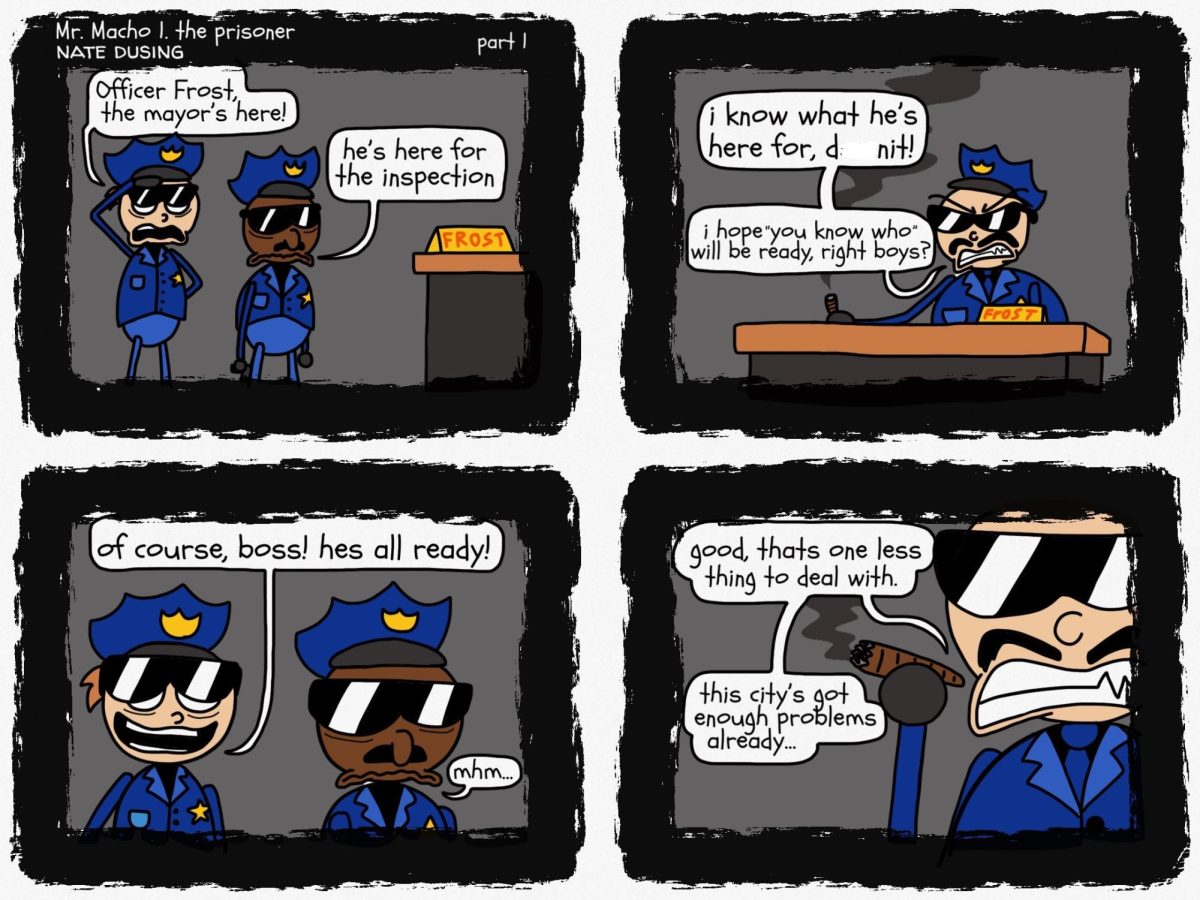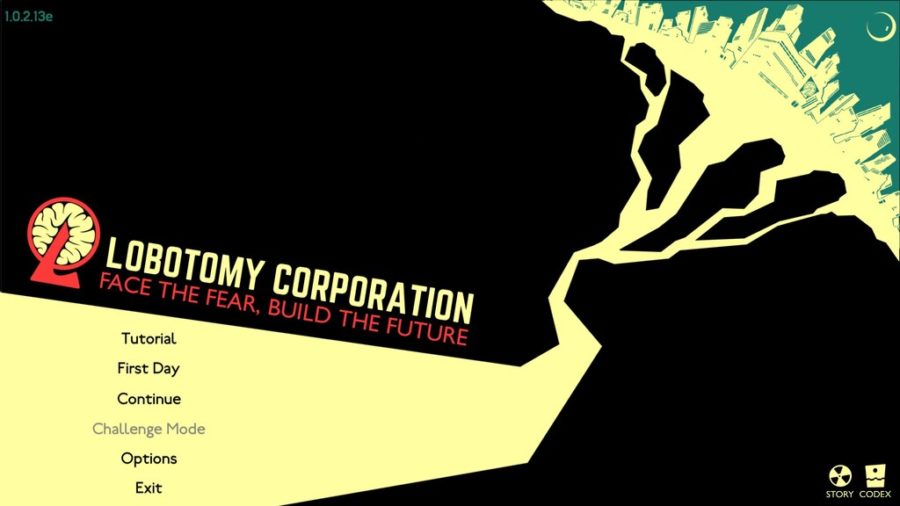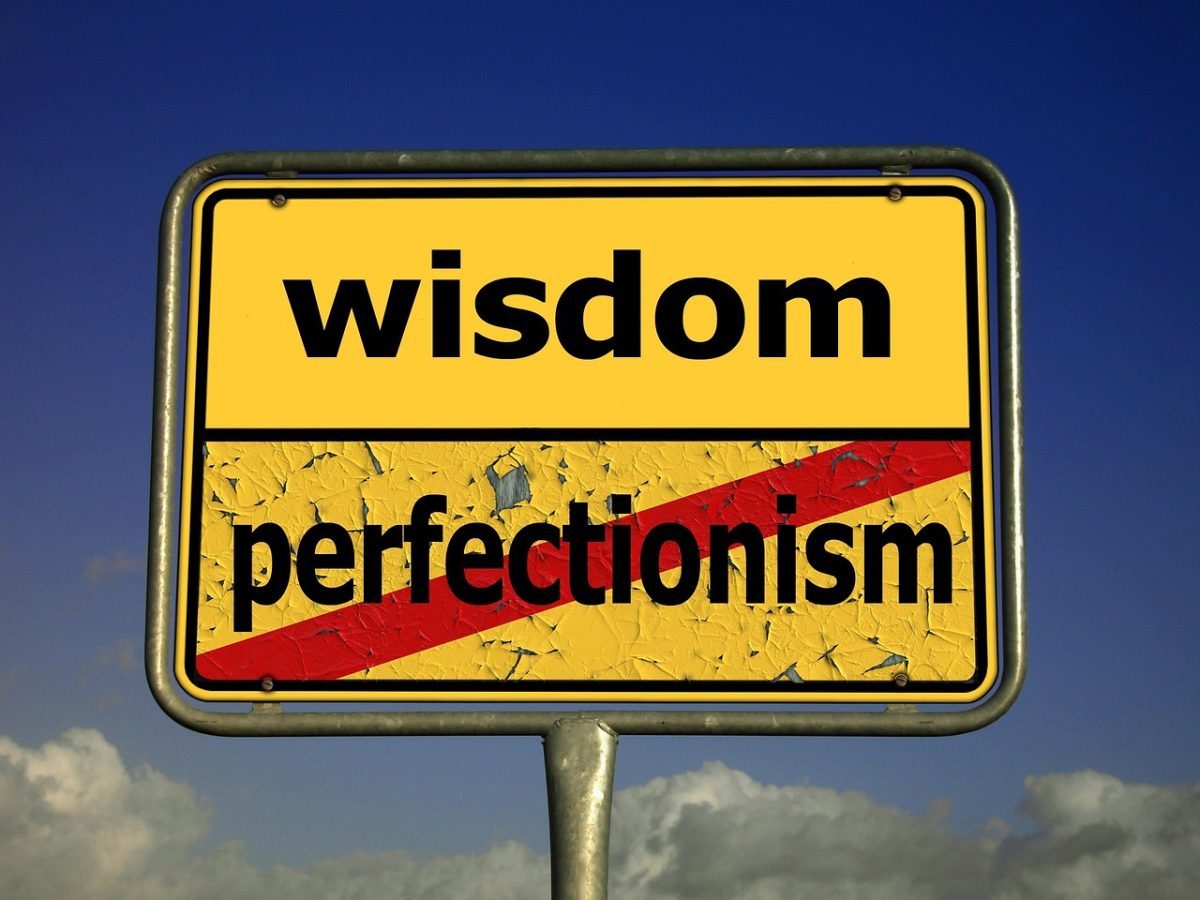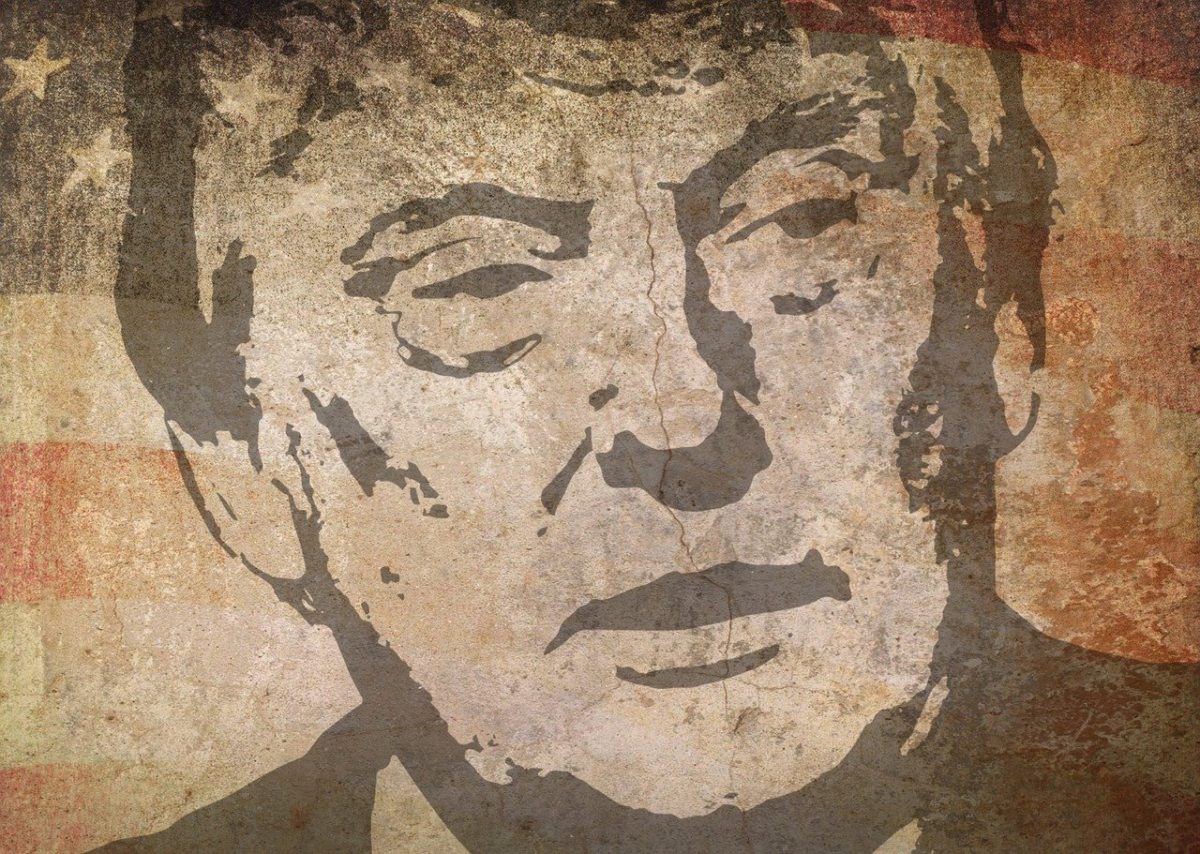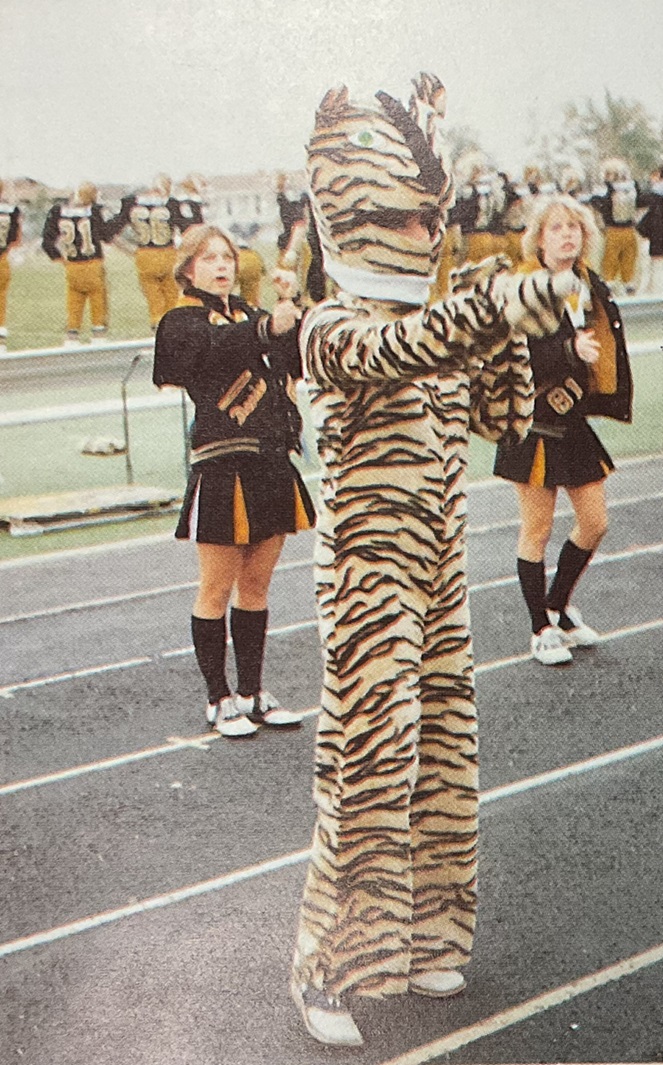Ethan: President Ronald Reagan was a controversial figure in the United States, much like the British prime minister from the same era as Reagan, Margaret Thatcher. Polarization of people’s views of a political figure can cause biographical films to experience controversy. This has now happened with the release of Reagan, starring Dennis Quaid as Ronald Reagan.
I would first like to talk about the rating controversy surrounding the film. The current Rotten Tomatoes rating is 18% (rotten), while the audience score (that is, the Popcornmeter) is 98%. Reagan has the largest gap in Rotten Tomatoes history between critic and audience score (80% difference). I feel this doesn’t show the merits of the film and may show political bias against Reagan.
Personally, I don’t agree with the critic score or audience score. I don’t think that the film is as bad as the critics think, but I also don’t agree that the movie is as great as the audience would have us believe. If I were using the Rotten Tomatoes scale, I would give Reagan a 71%. While the film is thematically dramatic and intriguing at many points during the film, I have a few grievances.
The only two criticisms I have for the film are that 1) it does not include more events from his presidency and 2) the film has a strange perspective. I think that the film should have included more details from the Reagan presidency. Mostly, I think that the War on Drugs should have gotten more attention, as it was a major campaign during the Reagan administration. I think that this is mostly a result of the film’s perspective: that of a former KGB officer who tells the story of Reagan and how he was the reason that the Soviet Union collapsed. While the Soviets were a major focus of his presidency, I really don’t think that a movie about Ronald Reagan should have a Soviet perspective, as it would mainly focus on his actions against communism. If the film had a different perspective, I think that there could have been more about Reagan and his policies.
Jose: With that in mind, Reagan does provide salient points about the complexities of a leader in American history. The drama in this film and the powerful performances, especially Quaid’s, bring out Reagan’s character and time period quite nicely.
What’s more, the movie opens up an avenue for discussing the Cold War-era ideological battles that remain so current. While it may not delve deeply into every aspect of the Reagan presidency, at the very least it calls upon its audience to confront the Reagan legacy and various opinions that surround him. Such exposure helps one to realize how historical figures emerge and to consider the consequences that their policies have on the nation and the globe. Ultimately, Reagan is more the starting point than the means for further exploration and discussion about a complex and divisive figure in American history.
